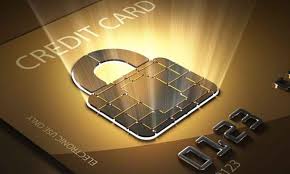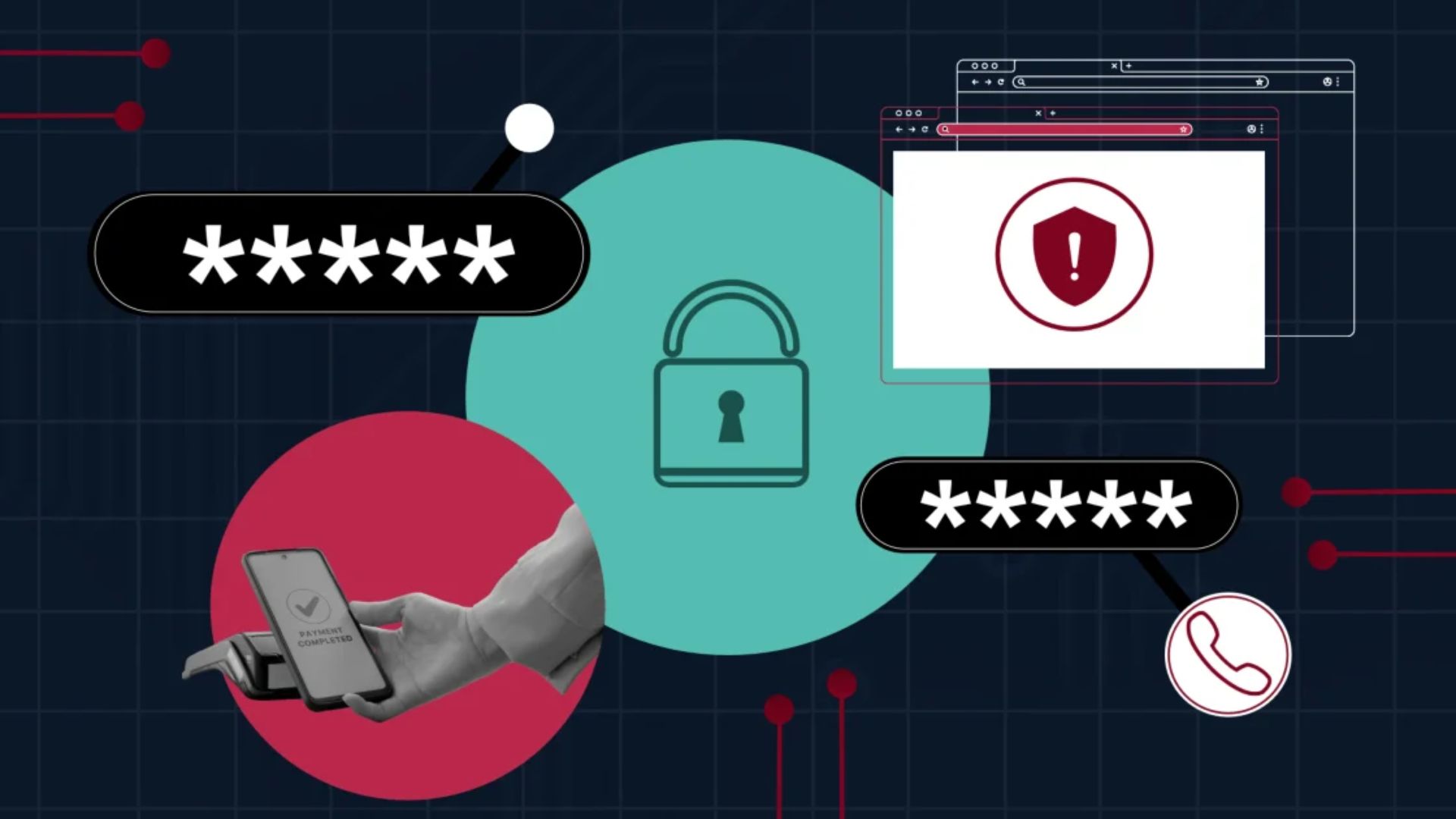

Passwords are a component of our lives that cannot be excluded from our existence. Passwords are the words that are required to be typed to log into a specific email, bank account, social networking site or any other online service. Yet, passwords also have risks and vices, including threats and fraud in the environment. This means that password security needs to be extended to a level high enough where it can not be hacked by hackers.
The habit of using weak and simple passwords leaves you susceptible to hacking attacks. It should also be noted that the password should consist of at least 12 characters, containing both uppercase and lowercase letters, numerals, and other symbols. This means that one should refrain from using their personal details, dictionary words, sequences of letters or numbers in passwords. Another measure is to change passwords on a regular basis, preferably every three months. Make use of two-factor or multi-factor authentication to enhance security measures.
Avoid revealing your passwords in other methods such as through email or other similar platforms that are not secure. Ensure that there is a correct URL before inputting the login information to avoid getting trapped in phishing sites. Close all browser sessions after using them and, if a site is to be used in common with other people, then, log out. Don’t disclose personal information and also avoid entering sensitive accounts when connected to public or untrusted networks. Do not use the save password option on your browsers. Keyloggers and spyware should be prevented; the use of a well-known antivirus shall help in this.
Having an app designated for use as a password manager app is one of the most effective ways of storing and organizing passwords. These tools are capable of encrypting all your passwords and only provide access to these passwords by typing the master password. Some of the leading choices which include LastPass, 1Password, and Keeper, are capable of creating robust random passwords, form filling for logging in, and cross-platform compatibility. Password manager apps remind us about reused or insecure passwords.
In case you require writing some passwords on paper for some reason and for a while, do so but make sure to keep this piece of paper secure and hidden. In case it is possible, provide tips rather than passwords. You shouldn’t store usernames/emails together with passwords. Omit identifiers where possible. Make sure to write this down in a place only you can reach to avoid the possibility of someone else reading it. When you have written the passwords on the paper and memorized them or saved them on a secure digital device, destroy the paper.
The only way of storing safe passwords is by storing them offline.
If the sensitive account isn’t protected with multi-factor authentication, it may be useful to have its password backed up offline. This is highly risky as anyone with access to the paper can easily see the passwords and use them freely or provide unauthorized people with the same. Furthermore, USB password sticks are another great example of offline storage solutions. This involves formatting the USB flash drive and setting a password to it. It should be kept safely in a place where the document can only be accessed by specific people in case of need.
Some of the widely recognized password managers which have received high ratings from the experts are LastPass, 1Password, Dashlane, and Keeper. Compare them based on how intuitive they are to use, how secure data is, how well they utilize zero-knowledge encryption, how well they synchronize cross-device and cross-platform, their auto-fill functions, and their compatibility with digital wallets among other aspects before choosing one. For example, LastPass provides its users with a free trial, while 1Password is available for a monthly subscription.
There is a simple choice for managing passwords for Chrome and Android by Google. It stores and backs up passwords to provide secure access to a user across devices. The tool also displays the minimally safe, recycled passwords and asks for automatic updating. Though Google password manager is convenient to use for novices, one should not expect some of the features provided by other applications. Do not use master passwords that are complex, but instead, make your Google account highly vulnerable on its own.
An example of a strong password: ChangeMakers@2022
It has 14 characters, which it can contain letters in upper case/ lower case, numbers, and special characters. Not a guess or hack and is not susceptible to a brute force attack.
A weak password example: Change is Change2022
It is less than 8 characters long and can contain only a single word or number sequence. Quite vulnerable to an attack such as the brute force attack and the dictionary attack.
Security measures concerning passwords and phones.
Smartphones should be protected by screen locks, must turn on encryption, install reputable antivirus apps to block spyware. Erase passwords before selling or disposing of the phone by resetting the phone. Do not store passwords within the Notes app and any other unsecured application. Use passwords/biometrics, where available, for password/biometric authentication where possible. Limit password exposure, especially on the lock screen.
On computers, use firewalls, and anti-malware software to prevent entities from snooping around your transmissions. It is also important never to save passwords in plain text files. Helps check on file permissions in an effort to prevent others from gaining access to files. Allow for the use of hard drive encryption features such as the ones available on Windows in the form of BitLocker, or the ones provided by Mac in the form of FileVault, to encrypt all files, including password managers/files. Keep your cyberspace clean on your computer by practising good cyber hygiene.
Securing your identity is a measure that goes a long way in enhancing security in a world that is fast going digital. These tips should provide you a sound foundation on how to embark on good password hygiene and security practices. To guard your private information and avoid unauthorized access to your accounts, spend a few additional thoughts on the organization of your codes and passwords.